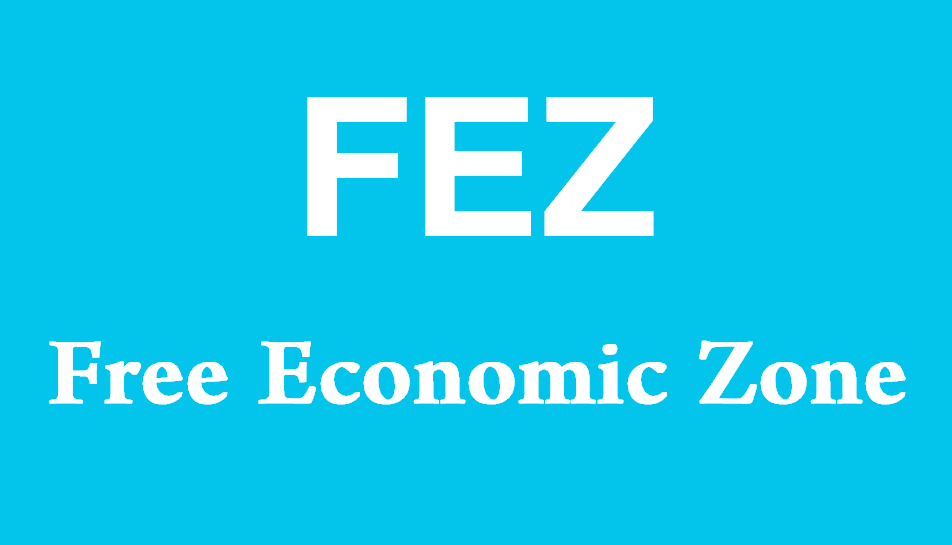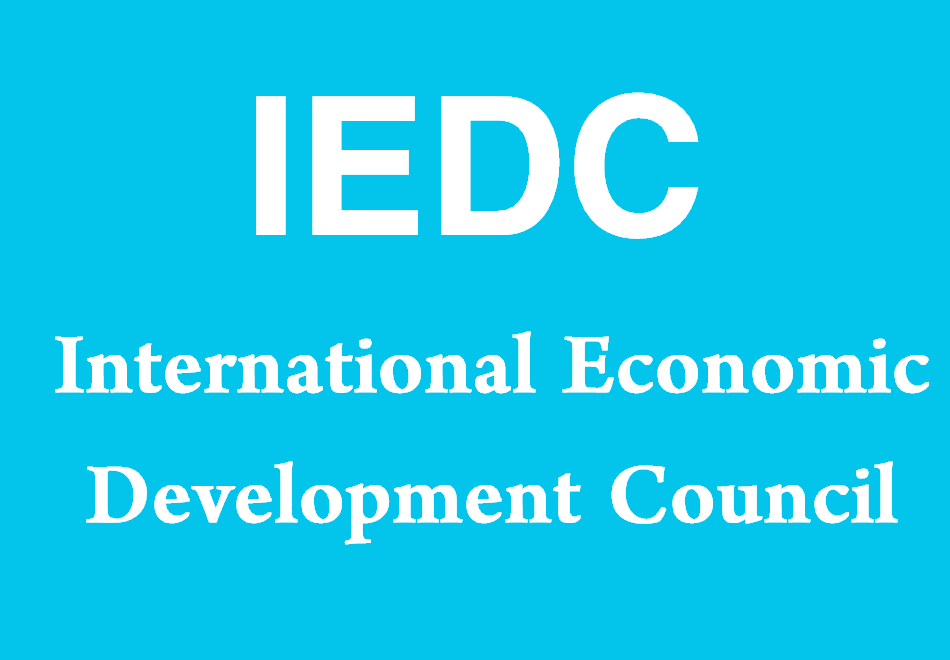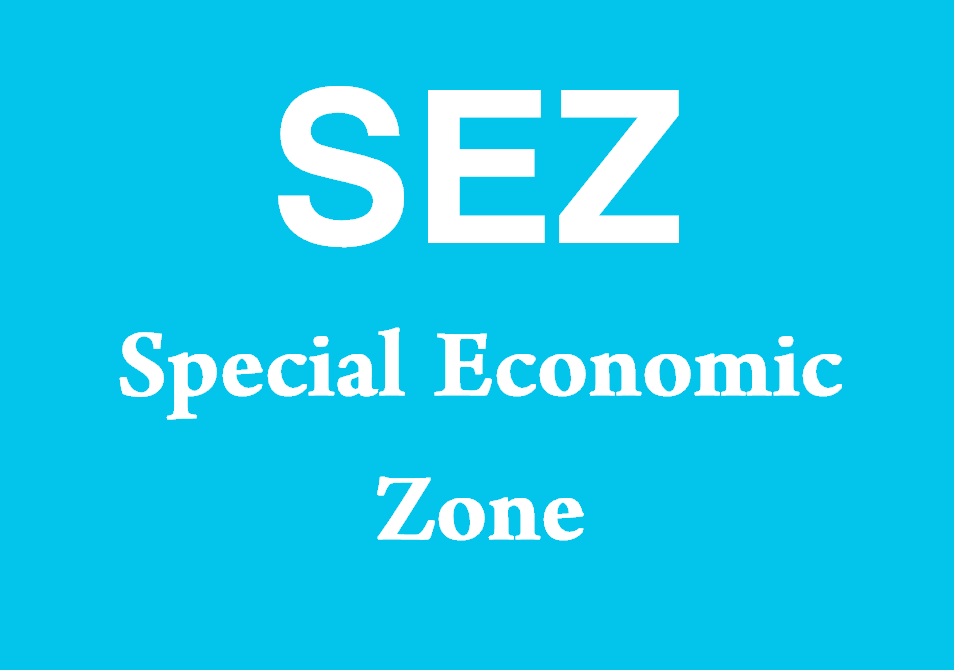What Does AEO Stand For?
AEO stands for Authorized Economic Operator. It represents a certification issued by customs authorities to businesses involved in international trade who meet specific criteria demonstrating their commitment to customs compliance, security, and operational standards.

Comprehensive Explanation of Authorized Economic Operator
Authorized Economic Operator (AEO) is a designation awarded by customs administrations to businesses involved in international trade that have demonstrated a high level of compliance with customs regulations, security standards, and supply chain security criteria. The AEO program aims to enhance trade facilitation, strengthen supply chain security, and promote cooperation between customs authorities and the private sector. Businesses that achieve AEO status receive various benefits, including simplified customs procedures, expedited clearance processes, and reduced inspection rates, contributing to operational efficiency and cost savings in international trade.
Evolution and Rationale of the AEO Program
The concept of Authorized Economic Operator originated from the World Customs Organization’s (WCO) Framework of Standards to Secure and Facilitate Global Trade (SAFE Framework), which encourages customs administrations to establish partnerships with businesses to enhance supply chain security and trade facilitation. Recognizing the need to balance security imperatives with the facilitation of legitimate trade, customs administrations worldwide have adopted the AEO program as a key strategy to achieve these objectives.
The AEO program reflects a shift in customs management paradigms from traditional enforcement-focused approaches to risk-based, partnership-driven models. By recognizing and incentivizing businesses that demonstrate a commitment to compliance, security, and best practices in supply chain management, the AEO program seeks to create a more secure and efficient trading environment while minimizing disruptions to legitimate trade flows.
Key Principles and Criteria of AEO Certification
The AEO certification process is based on a set of core principles and criteria established by customs administrations to assess the eligibility of businesses for AEO status. While specific requirements may vary across countries and regions, the following are common elements of AEO certification criteria:
- Customs Compliance: AEO applicants must demonstrate a history of compliance with customs regulations, including accurate and timely submission of customs declarations, payment of duties and taxes, and adherence to import and export procedures.
- Financial Solvency: Businesses seeking AEO certification must exhibit financial solvency and sound financial management practices to ensure their ability to fulfill customs obligations and commitments.
- Security Standards: AEO applicants are required to implement robust security measures to safeguard their supply chains against security threats, including the prevention of unauthorized access, tampering, and theft of goods in transit.
- Record-Keeping and Documentation: AEO-certified businesses must maintain comprehensive records and documentation relating to their international trade activities, including transaction records, shipping documents, and security protocols.
- Supply Chain Security: AEO applicants are expected to implement supply chain security measures to mitigate risks associated with the movement of goods, such as cargo screening, seal integrity, and container tracking.
- Personnel Training and Awareness: AEO-certified businesses should provide training and awareness programs to their employees to ensure compliance with customs regulations, security procedures, and best practices in supply chain management.
- Continuous Improvement: AEO certification requires businesses to demonstrate a commitment to continuous improvement in customs compliance, security practices, and supply chain efficiency through periodic reviews, audits, and performance evaluations.
Benefits of AEO Certification
Businesses that obtain AEO certification enjoy a range of benefits aimed at facilitating their international trade operations and enhancing supply chain security. Some key benefits of AEO certification include:
- Simplified Customs Procedures: AEO-certified businesses are granted preferential treatment in customs clearance procedures, including expedited processing, reduced documentary requirements, and priority treatment at border crossings.
- Faster Clearance Times: AEO status enables businesses to benefit from faster clearance times for their imported and exported goods, leading to shorter lead times, reduced transit times, and improved supply chain efficiency.
- Reduced Inspection Rates: AEO-certified businesses are subject to lower rates of customs inspections and physical examinations, as customs authorities recognize their commitment to compliance and security standards.
- Priority Access to Trade Facilitation Programs: AEO certification may entitle businesses to priority access to trade facilitation programs, such as customs partnerships, trusted trader initiatives, and mutual recognition arrangements with other countries.
- Enhanced Security and Risk Management: AEO-certified businesses benefit from enhanced supply chain security measures, including access to information sharing networks, risk assessment tools, and security best practices to mitigate security risks.
- Competitive Advantage: AEO status provides businesses with a competitive advantage in the global marketplace by signaling their commitment to compliance, security, and operational excellence, thereby enhancing their reputation and credibility with trading partners.
- Cost Savings: AEO certification leads to cost savings for businesses through reduced customs duties, lower compliance costs, and operational efficiencies gained from streamlined customs procedures and reduced delays.
Notes to Importers
Importers considering AEO certification or seeking to leverage the benefits of AEO status can benefit from the following notes:
- Evaluate Eligibility and Requirements: Assess your organization’s eligibility for AEO certification based on the criteria established by customs authorities in your country or region. Understand the specific requirements, documentation, and procedures involved in the AEO application process to prepare effectively.
- Engage with Customs Authorities: Establish proactive communication and collaboration with customs authorities to gain insights into the AEO certification process, seek guidance on compliance requirements, and address any questions or concerns regarding your application.
- Review and Enhance Compliance Practices: Review your organization’s customs compliance practices, procedures, and documentation to ensure alignment with AEO certification criteria. Identify areas for improvement and implement measures to enhance compliance with customs regulations and security standards.
- Implement Supply Chain Security Measures: Strengthen your supply chain security measures to mitigate security risks and vulnerabilities, including implementing physical security controls, conducting risk assessments, and enhancing cargo tracking and monitoring capabilities.
- Invest in Personnel Training and Awareness: Provide training and awareness programs to your employees to enhance their understanding of customs regulations, security procedures, and AEO requirements. Foster a culture of compliance and vigilance among staff members to support AEO certification objectives.
- Prepare Comprehensive Documentation: Compile and organize comprehensive documentation and records related to your organization’s international trade activities, including customs declarations, shipping documents, security protocols, and compliance records, to support your AEO application.
- Seek Professional Assistance if Needed: Consider engaging customs brokers, consultants, or legal advisors with expertise in customs compliance and AEO certification to assist you throughout the application process. Professional assistance can help navigate complex requirements, ensure completeness and accuracy of documentation, and enhance the likelihood of AEO certification success.
Sample Sentences and Their Meanings
- The importer applied for AEO certification to streamline customs clearance procedures and benefit from expedited processing: In this sentence, “AEO” refers to Authorized Economic Operator, indicating that the importer submitted an application for AEO certification to simplify customs procedures and expedite clearance processes for their imported goods.
- AEO-certified businesses enjoy preferential treatment in customs clearance, including reduced inspection rates and faster processing times: Here, “AEO” signifies Authorized Economic Operator, highlighting the benefits enjoyed by businesses with AEO certification, such as lower inspection rates and expedited processing times for customs clearance.
- The company’s AEO status demonstrates its commitment to customs compliance, security, and operational excellence: In this context, “AEO” denotes Authorized Economic Operator, emphasizing the company’s AEO certification as evidence of its dedication to maintaining high standards of customs compliance, security, and operational efficiency in international trade.
- Customs authorities collaborate closely with AEO-certified businesses to enhance supply chain security and facilitate legitimate trade flows: This sentence demonstrates the use of “AEO” as an abbreviation for Authorized Economic Operator, highlighting the collaborative relationship between customs authorities and AEO-certified businesses to strengthen supply chain security and trade facilitation efforts.
- AEO certification provides importers with a competitive advantage in the global marketplace by signaling their commitment to compliance, security, and operational excellence: Here, “AEO” refers to Authorized Economic Operator, indicating that AEO certification offers importers a competitive edge by demonstrating their adherence to customs regulations, security standards, and best practices in supply chain management.
Other Meanings of AEO
| Acronym Expansion | Meaning |
|---|---|
| Account Executive Officer | A senior-level executive responsible for managing client accounts, developing business relationships, and overseeing sales and marketing activities within an organization, aiming to achieve revenue targets and business growth objectives. |
| Alternative Education Options | Educational programs, initiatives, or strategies designed to provide alternative pathways for students to achieve academic success, personal development, and career readiness outside of traditional classroom settings, catering to diverse learning needs and preferences. |
| Airport Executive Officer | A managerial position within an airport authority or aviation organization responsible for overseeing airport operations, facilities management, safety compliance, and customer service initiatives to ensure efficient and secure airport operations and enhance passenger satisfaction. |
| Aeronautical Engineering Officer | A specialized engineering role within the aviation industry focused on the design, development, and maintenance of aircraft, spacecraft, and related systems, applying principles of aerodynamics, materials science, propulsion, and avionics to ensure safe and efficient flight operations. |
| Association of Exhibition Organisers | A professional association representing event organizers, exhibition planners, and trade show professionals involved in the planning, management, and execution of trade fairs, conferences, and exhibitions across various industries, promoting industry standards, best practices, and networking opportunities. |
| Air Education and Training Command | A major command within the United States Air Force responsible for recruiting, training, and educating airmen and officers, providing initial and advanced training in aviation, technical specialties, leadership development, and professional military education to support Air Force mission readiness and effectiveness. |
| Atomic Energy Organization of Iran | The governmental agency responsible for overseeing Iran’s nuclear energy program, research activities, and nuclear facilities, including uranium enrichment facilities and nuclear reactors, subject to international scrutiny and monitoring due to proliferation concerns and nuclear non-proliferation efforts. |
| Approved Enforcement Officer | A law enforcement officer authorized by a regulatory agency or government authority to enforce specific laws, regulations, or compliance standards, such as environmental regulations, consumer protection laws, or occupational health and safety standards, to ensure public safety and regulatory compliance. |
| Anti-Establishment Organization | A political or social organization that opposes established institutions, traditional authorities, or prevailing norms and values, advocating for radical or revolutionary change in government, society, or culture through protest, activism, or grassroots mobilization, challenging the status quo and promoting alternative ideologies. |
| Army Education Officer | A commissioned officer within the military education corps of a national army responsible for overseeing educational programs, curriculum development, and training initiatives for military personnel, promoting professional development, leadership skills, and intellectual growth among soldiers and officers. |






